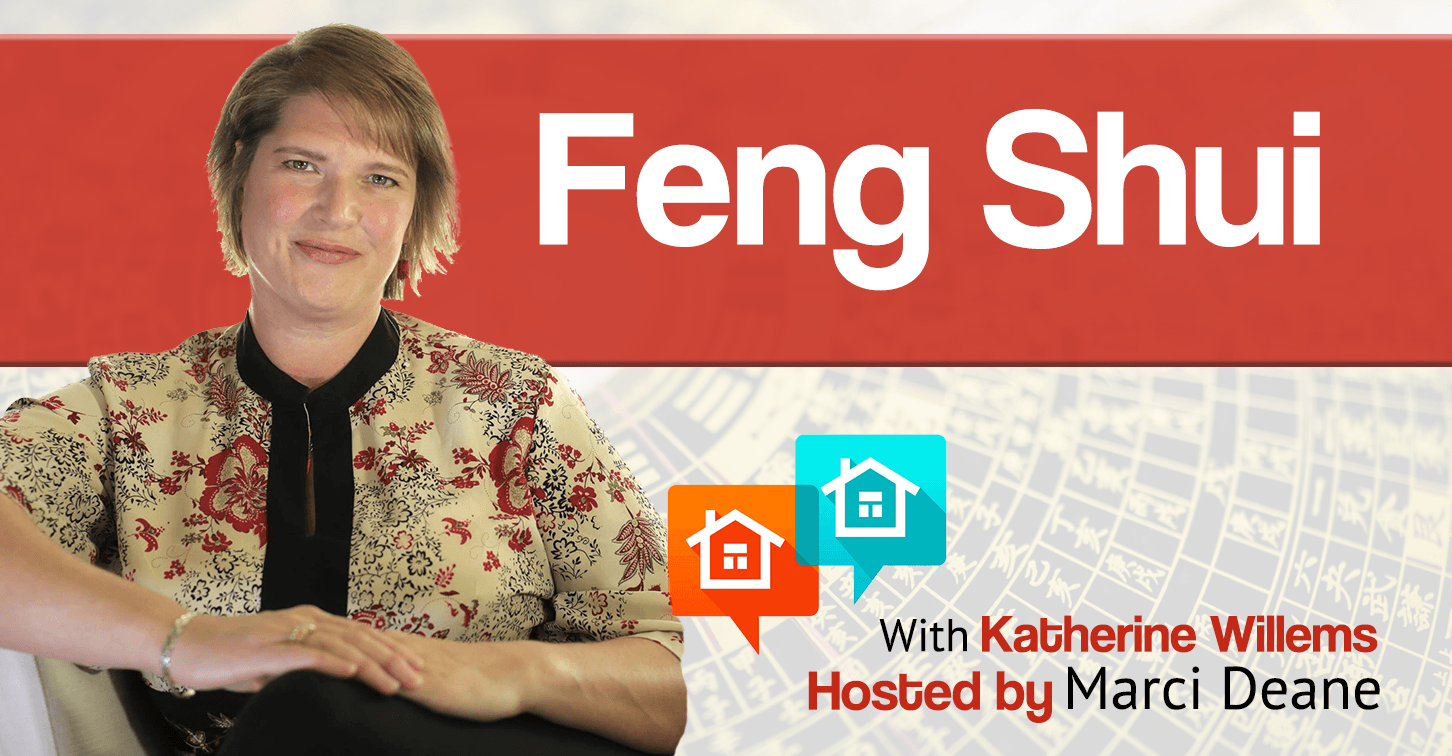026: Feng Shui
Introduction
Katherine has been in the design industry for over 20 years, starting as a lighting specialist then working for a high-end custom home builder where her love for quality workmanship and timeless design was cultivated. She then began working for commercial property owners, managing all aspects of tenant improvements including needs assessments, floor plans & specifications, budgeting, quoting, trade selection & project management.
As a Registered Interior Designer, Katherine is continually updating her knowledge base. Nine years ago she took a Feng Shui course at the recommendation of a trusted advisor – little did she know that it would change her life forever. Classical Feng Shui wove in perfectly with her love for Interior Design and Sustainability, and has taken her practice to a deeper level. It was clear that her 3 passions should come together in ‘Be the Change Design Group’ (BCDG), where spaces are more than beautiful and efficient, they actually vibrate at a higher frequency, fostering a sense of happiness, fulfillment, well-being and peace.
Marci and Katherine talk about Feng Shui, what it means, and what the future holds in store for it.
Key Points
- [1:08] How long have you been a Designer?
- I have been a Designer for 24 years, and a Registered Interior Designer for 8 years. (A RID has a Bachelor Degree in Interior Design from an accredited university, has passed the NCIDQ exam, and has qualified work experience in the field of Interior Design. It is governed by our professional association, IDIBC.)
- [1:24] Tell me about Be the Change Design Group and what differentiates you from other Designers?
- BCDG is a fusion of Interior Design, Feng Shui and Sustainability.
- [1:40] Are there any areas you specialize in?
- I enjoy working with both residential and commercial clients that are goal oriented and are open minded to how people are affected by the energy of their surroundings. On the Residential side my niche is with women ages 40-60 – ladies who are refining who they are and what they stand for. On the Commercial side, my last 15 years of work experience were in the Commercial Office Sector as an office furniture specialist, so that comes easily to me.
- [02:30] Tell me the story of how you got into this business?
- I decided on Interior Design as a career as I knew I liked to make spaces better and Design would nurture my creative side and my interest in the business side.
- [3:18] What is Feng Shui?
- In simple terms, Feng Shui is a way to read energy.
- [4:40] Why does this matter? Why do home owners consider this in buying or selling?
- Feng Shui is part of a well-rounded strategy to help move your toward your goals. When it comes to real estate, good design and staging techniques are proven to increase the appeal of a property, yet there are times when houses don’t sell and the reasons may not be apparent. Feng Shui is a tool to evaluate what cannot be seen in relation to timing.
- [8:00] Where do you see the Future for Feng Shui?
- The future of Feng Shui is interesting because the information, wisdom, and guidance are now being translated and made accessible to eager students willing to learn.
- [9:00] My favorite part of my business is keeping in touch with clients and hearing how their lives have improved. Many people tend to look to Feng Shui when things are going wrong and they are desperate to figure out what is wrong and what can be done.
Contact Katherine Willems
- Web: www.bethechangedesigns.com
- Phone: 778-840-3688
- Email: hello@bethechangedesigns.com
Share














